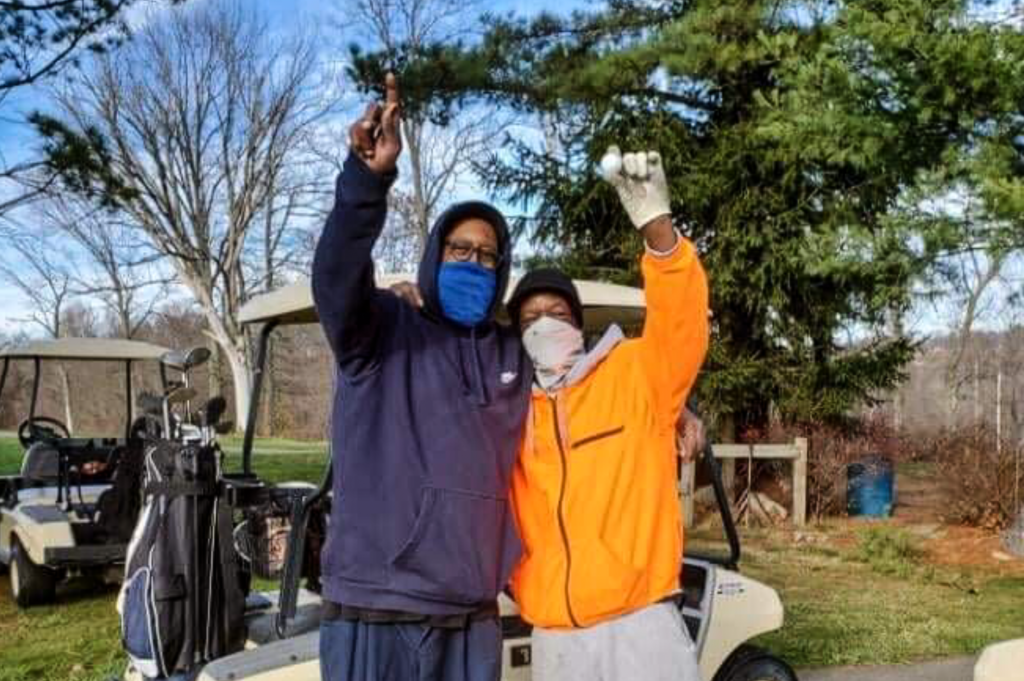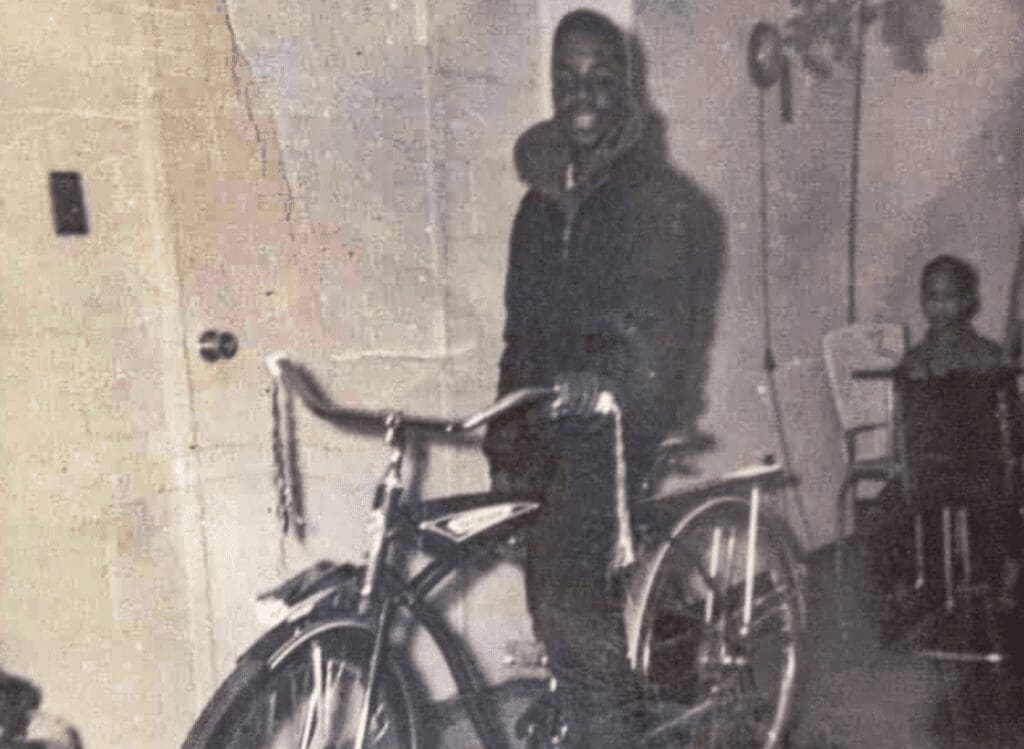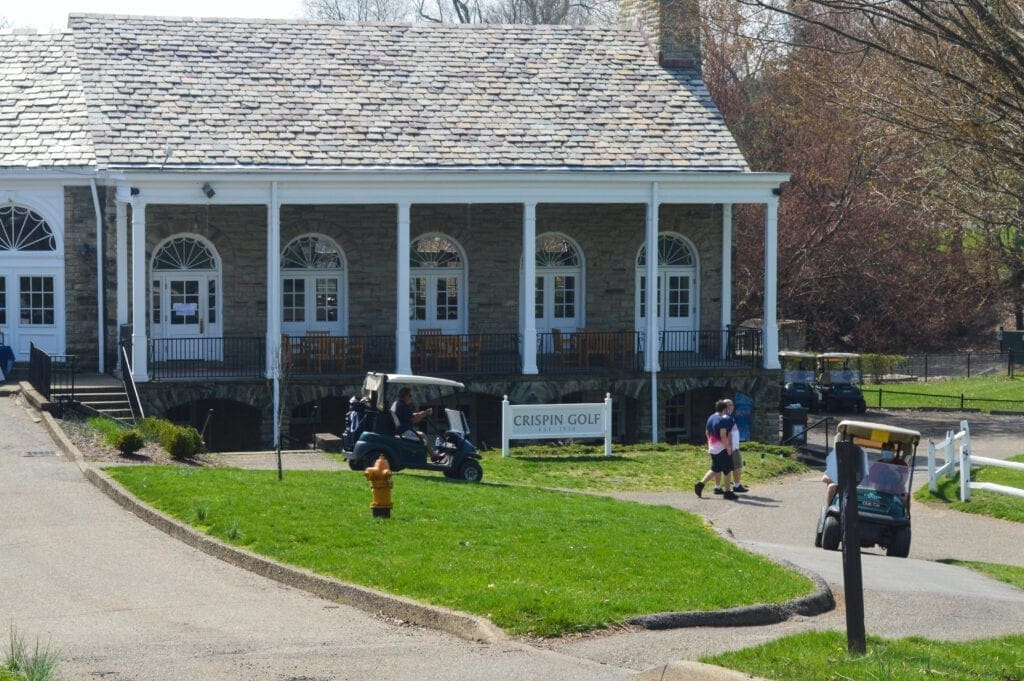(Publisher’s Note: In honor of Black History Month, this article is the second in a two-part series about Edward Smith and his life of navigating his way to his best opportunities as a black man here in Wheeling, New York City, and western Ohio.)
While Edward Smith lived in Alabama for his first 10 years of life, his grandfather told him Dr. Martin Luther King Jr. was a troublemaker. He told his grandson to stay silent because bad things happen to troublemakers.
“When I was old enough to have an actual conversation with my grandfather, that was one of the first things he told me,” the 73-year-old man recalled. “He said it would keep me out of trouble with the law. It would keep me out of jail. I don’t think I understood that at the time because I didn’t realize then the difference between white people and black people. I just knew my little world I lived in then, and everyone was black.”
But the day came when Edward Smith decided to educate himself on the inequality he had been subjected to since his birth, and he’s confident to this day it cost him his job and his place in Brooklyn, N.Y. So, off to the United States Army Ed went, and one of his three active-duty years with an infantry unit was spent in combat theaters in several areas of Vietnam.
Following his brief military career that ended with an honorable discharge, Smith initially return to New York but soon found himself making his way back to Wheeling. That’s when he was told the Wheeling Police Department was hiring officers, and some family and friends believed his three years with the Army trained him for such service.
“So, I went to take the test, and I was one of 167 men who were in that room,” Smith remembered. “And I finished second out of all of them, I was one of four people who got hired, and I was only the third African American to wear a badge in the town. The newspaper even reported on it, but when they printed that four of us were hired, they included that one of the new officers could be a black man.
“I didn’t like that very much,” he said. “Instead of recognizing that I had one of the best scores on the test, instead the reporter concentrated on the color of my skin. That just didn’t seem right to me.”
His tribulations with the police department, though, were just beginning. Before he finished his first week on duty, he found out that investigators from Wheeling had made a trip to New York City, and he was told his days were likely numbered.
“Those guys went up there to dig up dirt on me, so I went up there, too, to see what they could find, and there was nothing. My former employer wrote a great recommendation for me so I knew that wasn’t a problem,” Smith recounted. “So, I came back to Wheeling and went back on the job, and I was a police officer in the city of Wheeling for three years.
“My partners were usually females for some reason, and I still don’t why that is, but the mob was big back then in the early 1980s, and it seemed those guys got a pass on a lot of their criminal activity,” he said. There were sealed envelopes that were delivered pretty often, and I had no idea what was in them. I just had to deliver them. My biggest surprise, though, was when I was told that prostitution was legal for those guys. That was something I had never encountered before in my lifetime. But that’s the way it was then, and I remember it very clearly.”

Slapped Into Jail
“My third year and my final year with the Wheeling Police Department wasn’t a good one,” Smith admitted. “It just felt like everyone was against me, and not just because I’m a black man. That war changed me.”
That is one of the reasons why Edward decided to leave Wheeling yet again. He and his girlfriend, who later became his wife, moved to an area north of Dayton, Ohio. She had family in the area, and he found employment quickly. Life was good, the couple’s children were involved, and Smith finally was able to put his tumultuous past where it belonged.
That is until he and his wife had a heated argument.
“I slapped her; I admit that. I slapped her,” Smith said. “I didn’t mean to, but that’s what happen. It wasn’t a good situation, and I reacted the worst way I could have, and she called the police immediately.
“But that’s not why I went to prison. I went to prison because I didn’t stop the kids from visiting me. Their house and my house was in the middle of their walk to the store, and they would stop to see me, and I wasn’t going to stop them,” he said. “I went to prison for 18 months because I was arrested on a domestic violence charge that included a restraining order, and I didn’t pay attention to the order. I wanted to see the kids, but I got arrested eight more times and the time added up.”
By this time, Edward Smith was in his 40s and in no mood to play the games with the younger inmates. He defended himself for sure but did his best not to attract attention of those who believed they were in charge. Instead, Edward went back to school.
“When I was in prison, I learned how to communicate to the doctors what I was feeling. Something was wrong in my head, and I knew it, but I couldn’t figure it out,” Smith said. “I talked with people, and I studied. They used to call what I got combat fatigue, and now it’s PTSD. Post Traumatic Syndrome Disorder.
“But they can name it whatever they want; they still don’t know what it is,” he continued. “Yeah, some things haunt you, and you think about those things, but that’s not all of it. There’s more, and after I was able to explain it and communicate it to the doctors, I was able to get the assistance I needed the most.”

A Different World
The American society has evolved quite a bit during Smith’s life, and he will acknowledge that no longer must he worry about what restroom he wants to use or what restaurant he wishes to patronize.
The American veteran also has seen justice served in cases that likely would have gone untouched and without much mention just a decade before.
“There has been progress. That I have to admit, and it’s been good to see,” Smith said. “But there’s more, and I think everyone knows it. Plus, people have been fighting back against that progress because they can’t let it go for whatever reasons.
“I have been in many countries around the world, and it’s been totally different. I didn’t have to worry about being a black man there,” he explained. “But here in the United States, being black has been something you have to have on your mind because it’s still a thing here.”

That is why these days, Edward Smith stays in his lane.
“At my age, I’ll never see true equality among the people in this country. I hate to say that, but I believe it’s true,” the Wheeling Island resident insisted. “I made my path, and I stay on it these days because it’s just easier. I don’t get involved with politics anymore, and I love to golf with family and friends. That’s my peace.
“I was told as a child not to rock the boat, and I’ve found out what happens when you do,” Smith added. “I’ll leave it to the younger people now. I’ve dealt with what I’ve had to deal with as a black man on many levels, and I’ve not allowed any of it to get in my way. Hopefully, that’s been an example for others.”

